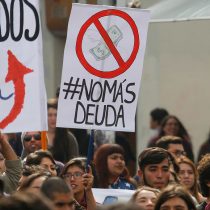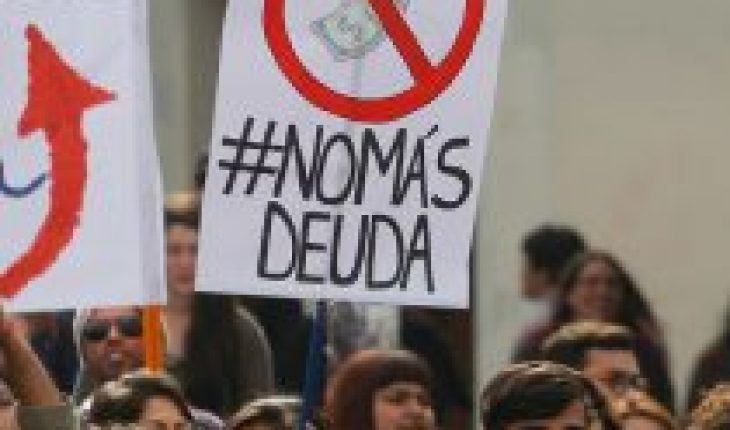
With his characteristic visceral, passionate and flagellating tone, Leon Bloy said that “the rich’s money is the blood of the poor.” This true prophet of the disinheridated knew that it is unfair to charge interest for no reason on a loan of unproductive money. Moreover, a system in which the collection of low interest is seen as an act of generosity, a mere liberality, not a minimum of decency, is unfair.
Economic freedom exists, private property too, but that does not mean that economics is a science elevated to an immaculate pedestal of amorality, as if it were not about human actions, morally rated. Moralists have been expelled from the public debate on the fairness of trade, but this discussion is not purely factual: the question is about fair titles, not economic expediency. You don’t have to be left-wing or believe in an elephantiphasic steratism to see that our system promotes or blindly looks at certain injustices.
However, the problem does not appear to be the famous “neoliberal model” (to this day no one has been able to define precisely what that means), but very concrete unfair institutions. One of the most questioned (not to say expressly condemned and punished) throughout history —you have to look at the story! as much as left-wing progressives don’t like it when talking about family or right-wing liberals when it comes to economics—it’s usury, and particularly anatocity.
Money is naturally sterile. The mere lapse of time does not increase wealth, nor should it therefore be a source of enrichment for a lender. There are loans that allow production, social benefit, but “wealth creation” is not a natural consequence of the loan, but of the use given to borrowed money: there are productive and other unproductive loans. All consumer credits offered indiscriminately by large multistores and banks to poor or vulnerable middle-class people, with little or no financial education, do they really deserve to charge interest? , consumer loan of fungible thing) can be charged more? Moreover, why do we even tolerate the unscrupulous collection of a ‘risk interest’, which does not go from being a crude euphemism to a genuine interest of the poor?
Anatomy is one of the great scandals of this landscape. If nothing justifies these interest collections, the less unjustified capitalization of those same interests! This is simply brazen enrichment at someone else’s expense. A manifest contradiction to the most basic principle of private law: the prohibition of un causeless enrichment. And when the affected person is a person in need, he becomes an injustice that cries out to heaven.
Some lessons should be learned from the October 2019 crisis (from the “burst” that authors like Gonzalo Vial, free of every left-wing label, were able to foresee). Indebtedness is a source of burden for families. The most serious surveys relate to more than half of the indebted population (the figures ranged from 66% to 72% in 2017), often with a truly unbearable equivalent annual burden and a higher-than-recommended percentage of liabilities compared to total family wealth. The total debt of the median household in Chile is equivalent to 29% of its annual income.
A ban on anatomy has recently been approved in certain cases. In addition, a bill has been entered – backed by Members of the most varied political colours – to sanction it, prohibit interest at risk and regulate various aspects related to the injustices of the financial market. That the issue is once again on the way is a big step to overcome this cancer of the economy that is usury.
The content poured into this opinion column is the sole responsibility of its author, and does not reflect the needthe editorial line or position of El Mostrador.





